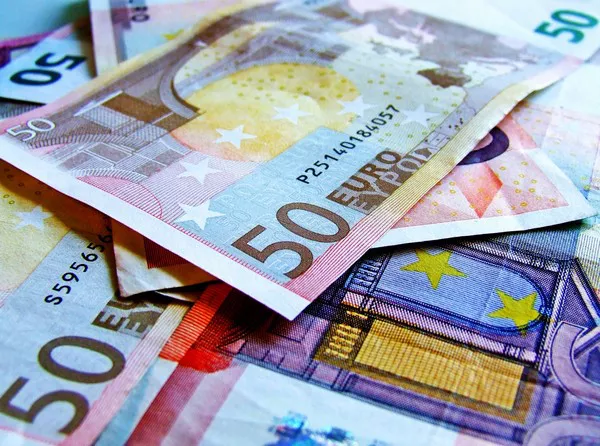The euro, the common currency of the Eurozone, has witnessed significant fluctuations in its value over the years. As one of the world’s major currencies, investors and analysts closely monitor its performance. In recent times, concerns about the euro’s strength have surfaced, leading many to wonder if it will regain its footing and rise again. In this article, we will delve into the factors influencing the euro’s value and examine the prospects for its future trajectory.
1. Historical Performance and Current Challenges:
To understand the potential for the euro’s resurgence, it is crucial to analyze its historical performance. Since its introduction in 1999, the euro has faced both periods of substantial appreciation and significant depreciation. Over the past few years, the euro has encountered several challenges, including political uncertainties, economic recessions, and sovereign debt crises within member countries. These factors have put downward pressure on the euro’s value.
2. Economic Factors Impacting the Euro:
Monetary Policy: The actions of the European Central Bank (ECB) play a vital role in shaping the euro’s performance. The ECB’s decisions on interest rates, quantitative easing programs, and monetary stimulus measures influence investor sentiment towards the currency.
Economic Growth: Strong economic fundamentals, such as robust GDP growth, low unemployment rates, and increased consumer spending, can bolster the euro’s value. Conversely, weak economic indicators can hamper its prospects.
Inflation: Persistent inflationary pressures can erode the value of a currency. Therefore, keeping inflation in check is essential for maintaining the euro’s purchasing power.
3. Political Considerations:
Political stability and unity among Eurozone member states are critical factors that impact the euro’s strength. Political developments, such as Brexit and the rise of populist movements, have posed challenges to the euro’s stability. Furthermore, any debates surrounding the expansion or contraction of the Eurozone can affect investor confidence and consequently impact the euro’s value.
4. Global Market Dynamics:
Trade Relations: The euro’s performance is influenced by international trade dynamics, particularly with major trading partners like the United States, China, and the United Kingdom. Trade tensions, tariffs, and geopolitical events have the potential to sway the euro’s value.
Safe-Haven Status: During times of global economic uncertainty, investors often flock towards safe-haven assets, including currencies. The euro’s status as a safe-haven currency can play a role in its appreciation during such periods.
5. Impact of COVID-19:
The COVID-19 pandemic has had a profound impact on the global economy, including the euro. Massive fiscal stimulus measures, accommodative monetary policies, and the deployment of vaccination campaigns have helped mitigate the pandemic’s adverse effects. As economies recover, the euro may benefit from increased investor confidence and improved economic prospects within the Eurozone.
6. Future Outlook and Expert Opinions:
Forecasting the future direction of any currency is challenging. However, experts and analysts offer insights based on comprehensive assessments. Many factors suggest that the euro has the potential to rise again. These include a gradual recovery from the pandemic-induced recession, sustained economic growth, political stability, and favorable monetary policies. Nevertheless, risks remain, such as a resurgence of the pandemic, geopolitical tensions, and internal challenges within the Eurozone.
Conclusion:
While predicting the future movements of a currency like the euro is complex, understanding the underlying factors that influence its value is crucial. The euro’s trajectory will depend on various economic, political, and global market dynamics. Despite recent challenges, with prudent policy decisions, improvements in economic fundamentals, and stability within the Eurozone, the euro may regain strength. Investors and analysts should carefully monitor these factors to assess the likelihood of the euro’s rise in the future.


